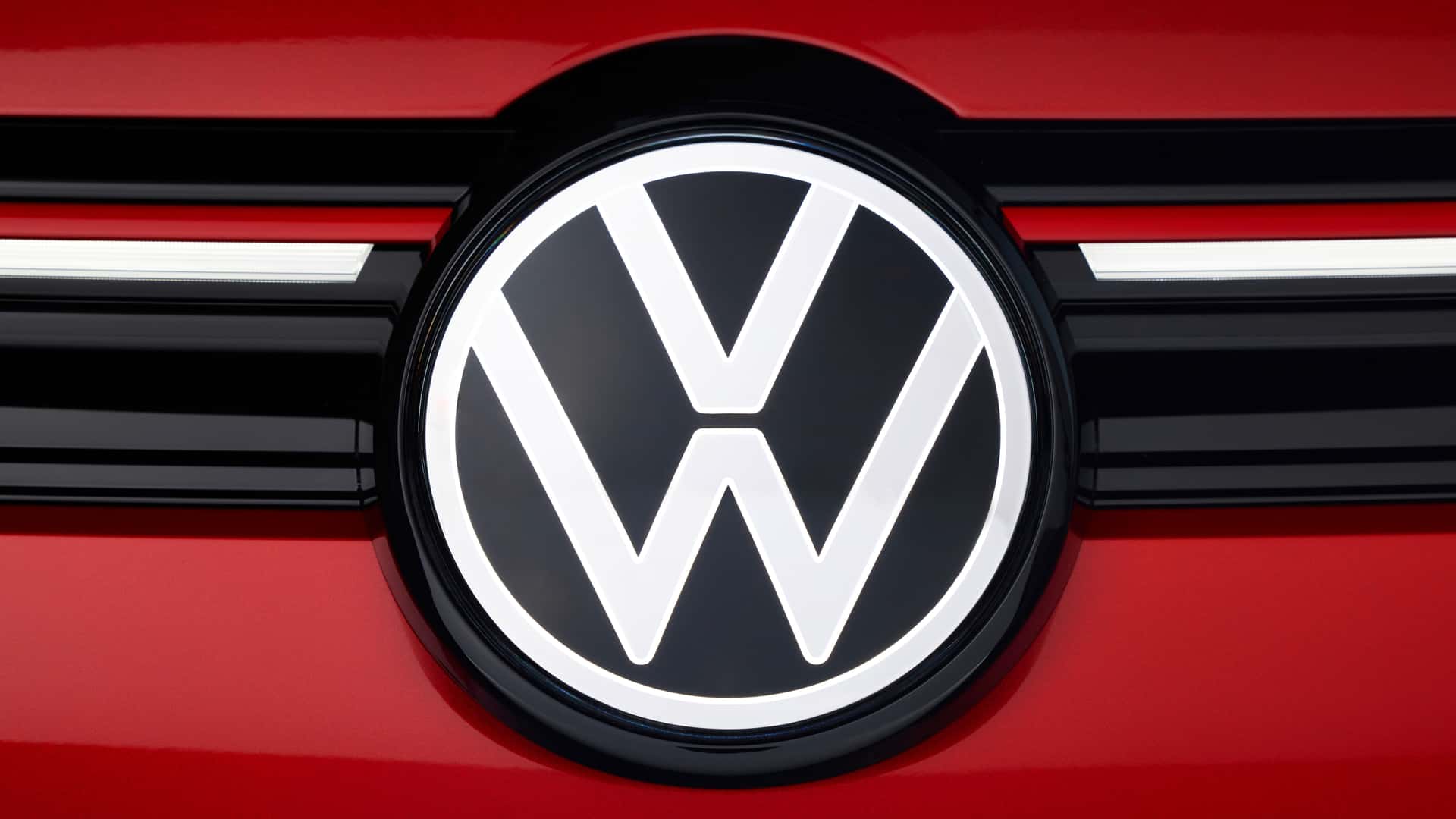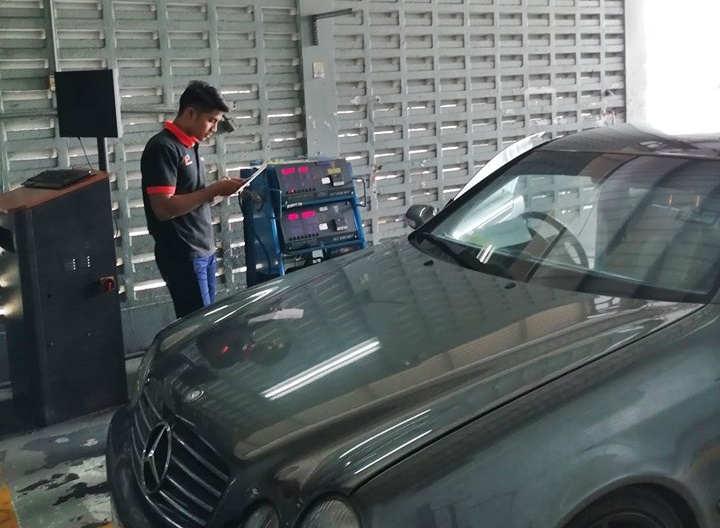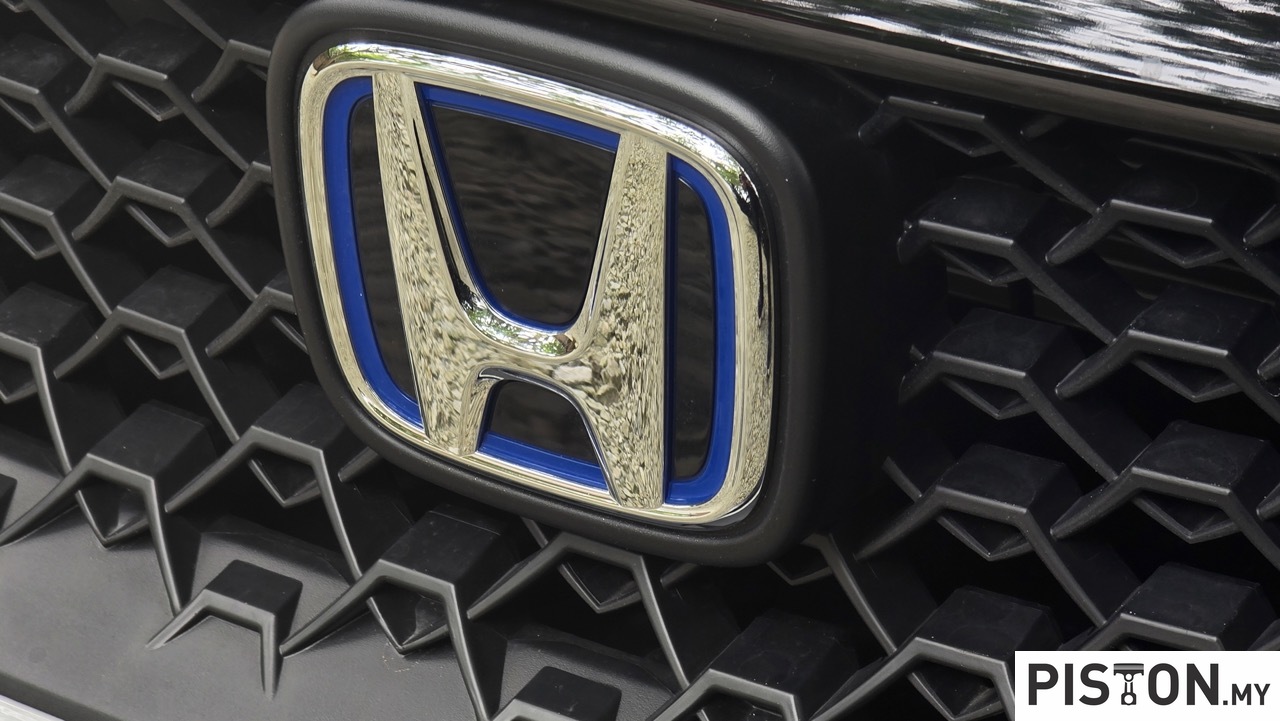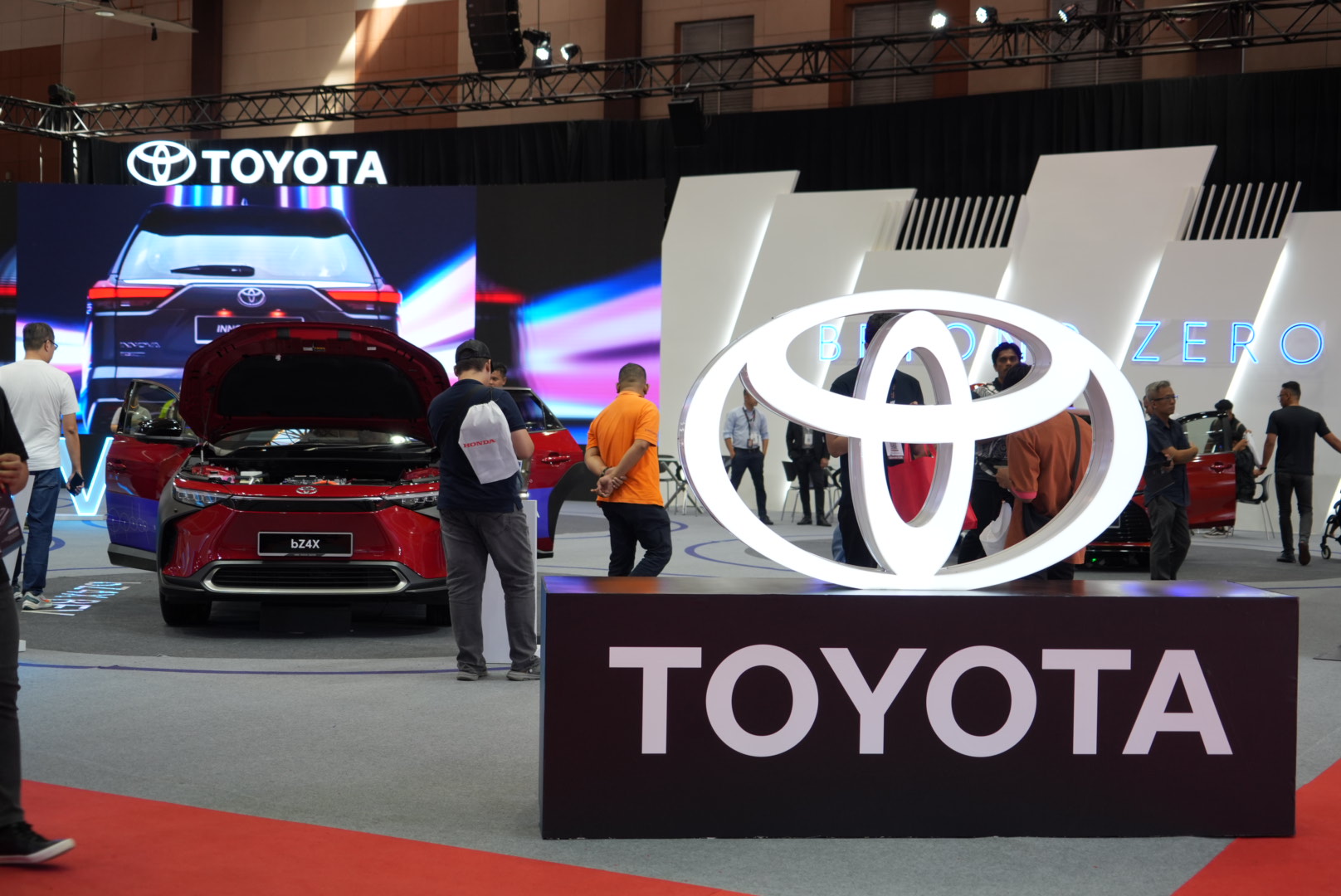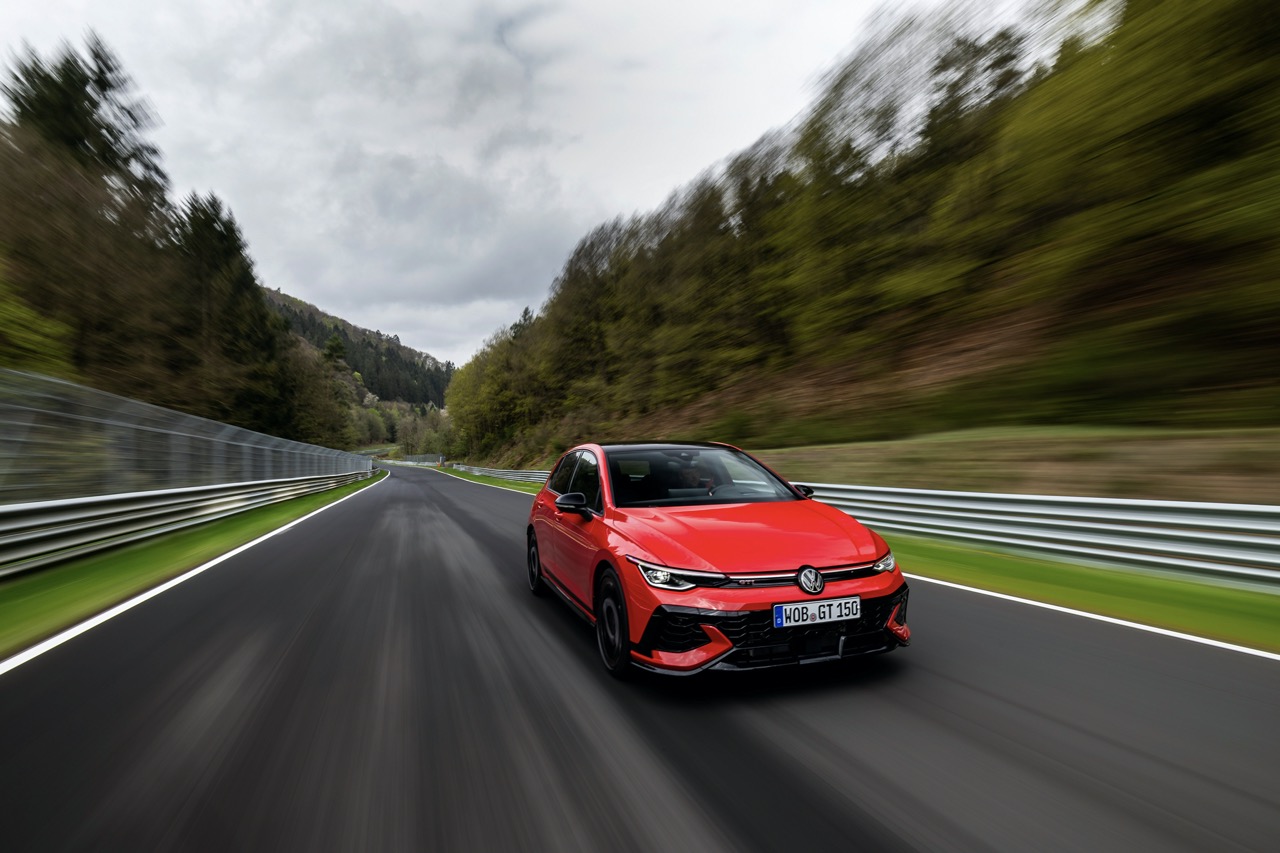In the culmination of Volkswagen’s longest-ever union negotiations, the German automaker reached a critical agreement to delay plant closures and sweeping layoffs, while workers stepped back from further strikes. The resolution, finalized after a gruelling 70 hours of discussions, ensures all 10 of Volkswagen’s German plants will remain operational, with involuntary layoffs postponed until 2030.
The agreement marks a temporary win for the automaker’s 120,000 German workers. However, it does not fully resolve Volkswagen’s broader struggles in the European market. The company has committed to a restructuring plan that includes shedding over 35,000 positions, primarily through early retirement packages and buyouts, as production scales down by approximately 734,000 vehicles.
Key Concessions on Both Sides
Volkswagen withdrew its initial proposal of a 10% wage cut, while the union compromised on its demand for a 7% pay increase. These negotiations followed months of unrest, including a major strike earlier this month involving 100,000 metalworkers, with another strike planned for January.
Despite these concessions, analysts argue that workforce reductions are insufficient to address Volkswagen’s stagnation in the European market. Matthias Schmidt, a European auto industry analyst, remarked, “35,000 job cuts on a demographic curve up to 2030 is likely not enough and over too long a time frame to address the current stagnation. The unions gained more than Volkswagen, but realistically, this was likely the best outcome for both sides.”
Economic Context and Industry Challenges
Volkswagen’s challenges are compounded by a broader downturn in the German economy, which is expected to shrink further into 2025. High energy prices, an ageing infrastructure, and geopolitical uncertainties have all strained exports. Meanwhile, increasing competition from Chinese automakers and waning demand for electric vehicles are pressuring the company to adapt more aggressively.
Volkswagen’s labour costs remain a significant burden, consuming 15.4% of its revenue in 2023—higher than competitors like Porsche (12.7%) and BMW (9.5%). These figures highlight inefficiencies that Volkswagen must address to remain competitive.
Stock Market Reaction
Following the labour agreement, Volkswagen shares rose by 2.4%, although they remain down 23% for the year. The modest uptick reflects investor relief over the temporary resolution but underscores the persistent concerns about the automaker’s long-term competitiveness.
Looking Ahead
While the immediate crisis has been averted, Volkswagen’s future remains uncertain. Analysts predict further adjustments will be required to address competitive pricing pressures and declining vehicle demand.
Alexander Krueger, a German economist, noted, “Volkswagen’s restructuring efforts are likely just the beginning. Other automakers are also pursuing job cuts, and VW’s challenges reflect broader issues in the industry.”
As political uncertainty looms ahead of Germany’s February elections, Volkswagen’s ability to navigate its financial and operational hurdles will serve as a bellwether for the country’s automotive sector and broader industrial health.



